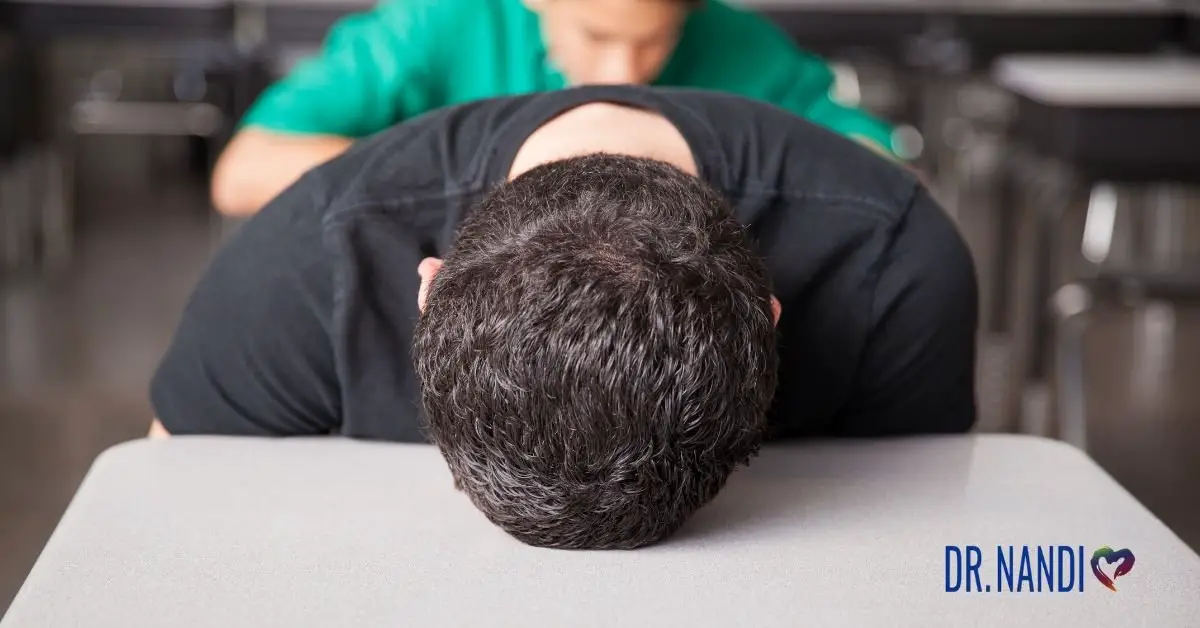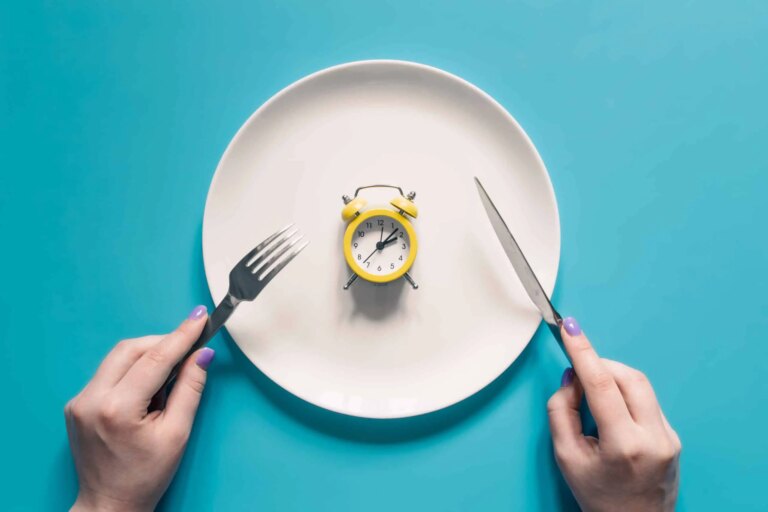Oregon is now the second state in the US to allow students to take what they are calling ‘Mental Health Sick Days’ and some worry this will lead to more kids skipping school.
Personally, I think this is a pretty good idea. Though my sons are likely too young to feel the stress and pressures of school life, my teenage daughter is not. We’ve discussed the challenges kids face and it’s a whole lot more than homework and getting good grades. These kids are also trying to figure out themselves and the fast-paced world around them.
If that wasn’t enough, more students are suffering from anxiety, depression, bullying, peer pressure, family conflicts, and the untold toll of social media. So, I’m seeing the purpose of mental health days as a way for kids to say “time out – I need a break from all of this”.
What About the Critics Who Feel Kids Will Miss More School?
Some critics worry this will open the door to kids as an excuse to skip school. However, those in favor of the idea believe it will not. Face it, if a kid really wants to skip school, they’ll figure out a way to do it – or just fake sick. But mental health days are a new way for children to self-reflect and acknowledge they are having problems. And, in my opinion, mental health should be treated just like physical health.
What Do You Do If Your Child Is Physically Ill?
If your kid is sick, you usually keep them home from school and take care of them until they are better. The same should be true for emotional health. If measures like this are not put in place, we could find ourselves facing a severe youth mental health crisis. The CDC reports that more and more children are diagnosed with anxiety and depression each year, and suicide rates are on the rise. This is why mental health needs to be discussed openly and taken seriously.

Kids don’t understand what’s going on inside them a lot of the time. All they know is that they feel anxious, their stomach hurts, they’re sad, or all they want to do is sleep. If you notice these coming up as patterns or if your kid says they don’t want to go to school it’s time for a talk. Parents – really listen to get to the bottom of what’s going on. That’s the first step in helping your child while letting them know you think their mental health is very important.e. They just know their stomach hurts, they feel anxious, they’re sad, or they just want to sleep.
If you notice these or they say they don’t want to go to school, then parents, you need to talk with your child. And really listen to find out what’s going on. That’s the first step in helping your child and letting them know that their mental health is very important.

My Personal RX:
Here are some key recommendations and resources I believe could help you navigate the stresses and pressures of life while promoting overall mental and physical well-being:
- Communicate Openly: Encourage open discussions about mental health in your family. Foster a supportive environment where everyone feels comfortable sharing their feelings and challenges.
- Practice Mindfulness: Mindfulness techniques, like meditation and yoga, can help to reduce stress and improve mental clarity. Even a few minutes a day can make a difference.
- Regular Exercise: Regular physical activity is important for maintaining both physical and mental health. Try to incorporate some form of exercise into your daily routine.
- Balanced Diet: Nutrition plays a key role in mental health. Aim for a diet rich in fruits, vegetables, lean proteins, and whole grains.
- SuperGreens Powder: I recommend incorporating my SuperGreens Powder into your daily routine. This comprehensive, all-in-one formula is packed with 16 superfood ingredients that can help you feel your best.
- Adequate Sleep: Ensuring you get enough quality sleep is crucial for mental health. Aim for 7-9 hours per night.
- Support Networks: Connect with friends, family, and support groups who can provide emotional support when you need it. Don’t hesitate to reach out to a mental health professional if needed.
- Self-Care: Take time for activities that you enjoy and that help you relax and recharge. This can be anything from reading a book to taking a walk in nature.
- Download My Superfoods Cookbook: I encourage you to download a free copy of my Superfoods Cookbook. This resource can help you discover delicious, nutrient-rich recipes to support your health.
Remember, it’s important to treat mental health with the same care and importance as physical health. These recommendations can support a holistic approach to well-being, but they should not replace professional mental health services when needed. If you or a loved one are struggling with mental health issues, seek help from a healthcare provider or a mental health professional.



















